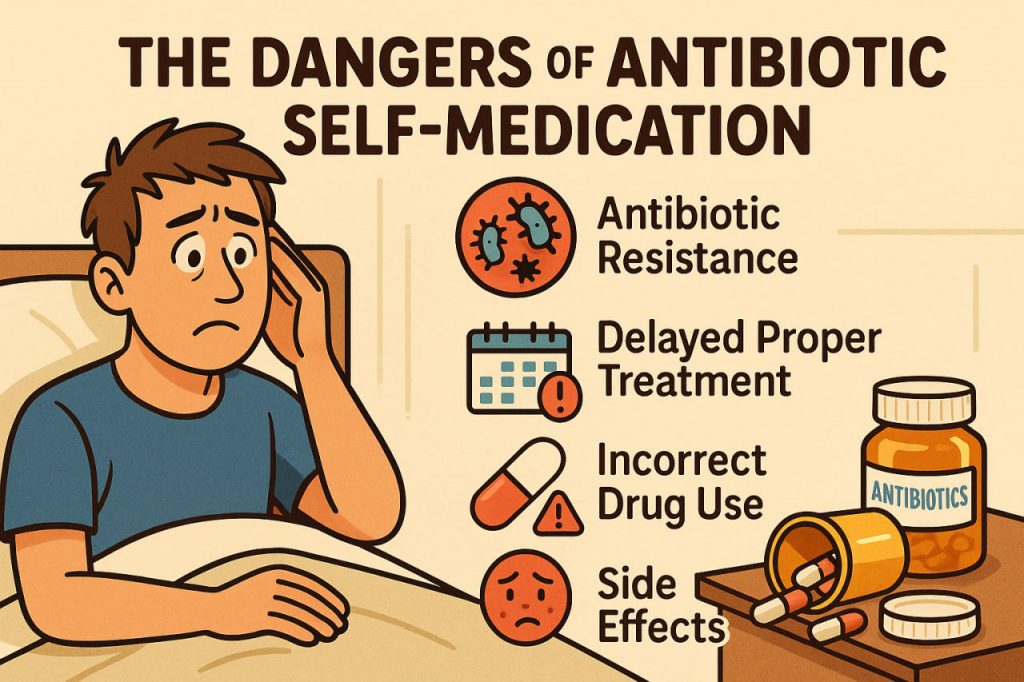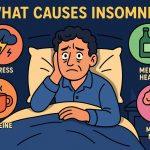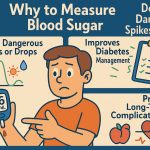Why Antibiotics Matter
Antibiotics are powerful medications designed to fight bacterial infections. When prescribed and used correctly, they can save lives and prevent serious health complications. However, their misuse—especially through self-medication—can lead to harmful consequences for individuals and society as a whole.
What Is Self-Medication with Antibiotics?
Self-medication means taking antibiotics without proper diagnosis or supervision from a qualified medical professional. This includes:
- Using leftover antibiotics from a previous illness
- Buying antibiotics over-the-counter (where legal)
- Taking antibiotics based on advice from friends or the internet
- Taking incorrect dosages or stopping treatment early
Key Dangers of Self-Medicating with Antibiotics
1. Antibiotic Resistance
Overuse or incorrect use of antibiotics allows bacteria to adapt and survive. These “superbugs” become resistant to treatment, making common infections harder to treat, more expensive, and potentially life-threatening.
2. Delayed Proper Treatment
Self-medicating may mask symptoms or lead to temporary relief, while the actual illness—especially if viral—goes untreated or worsens. This delay can result in complications or prolonged illness.
3. Incorrect Drug Use
Not all infections are bacterial. Taking antibiotics for viral infections (like the flu or colds) is ineffective and unnecessary. Additionally, using the wrong type of antibiotic or incorrect dosage may do more harm than good.
4. Side Effects and Allergic Reactions
Antibiotics can cause nausea, diarrhea, rashes, or more serious allergic responses. Without professional supervision, users may not recognize dangerous side effects or interactions with other medications.
5. Harming Gut Flora
Antibiotics don’t only target harmful bacteria—they also kill beneficial bacteria in the gut. This disruption may lead to digestive issues, fungal infections, or weakened immunity.
Global Health Threat
The World Health Organization considers antibiotic resistance one of the top threats to global health. If resistance continues to rise, minor infections and routine surgeries could become much riskier, and new antibiotics may become ineffective faster.
What You Should Do Instead
- Always consult a qualified doctor before taking antibiotics.
- Follow prescriptions exactly: take the full course, never skip doses.
- Never share or reuse antibiotics.
- Discard leftover medications safely.
- Focus on prevention: wash hands regularly, stay up to date on vaccines, and practice healthy hygiene.
Glossary
- Antibiotic Resistance – When bacteria adapt and become immune to the effects of antibiotics.
- Superbugs – Strains of bacteria that are resistant to multiple antibiotics.
- Side Effects – Unintended reactions caused by a medication.
- Gut Flora – Beneficial bacteria in the intestines that aid digestion and immunity.
- Prescription – A legally authorized instruction for medication provided by a licensed medical professional.


